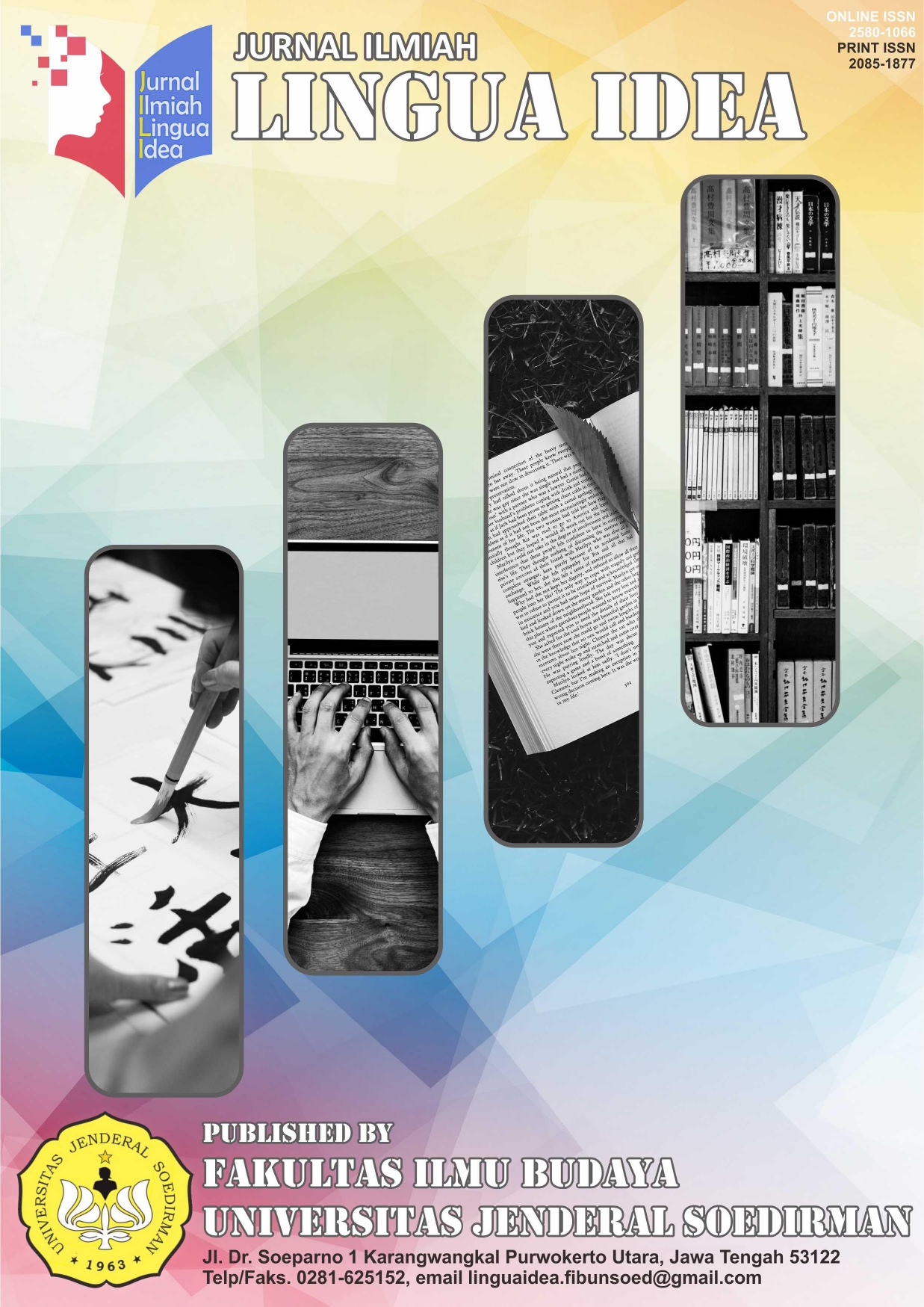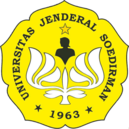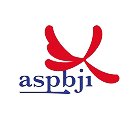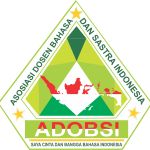Ideological Perspectives of Junior and Senior Academics on Factors Behind Yemeni Arabic-Speaking Student-Teachers’ English Deficiencies
A Critical Discourse Analysis
Abstrak
Despite the strong emphasis that Non-Native English-speaking teachers place on English language proficiency, this study reveals that English language teachers graduating from public universities in an Arab country often lack essential communication skills due to gaps in their training. Using a Critical Discourse Analysis approach, this research draws on data from two sources to critically examine the inadequate English proficiency among student-teachers through an ideological lens. The findings highlight how differing ideological influences shaped various factors affecting the STs’ language competence. After all, these ideological forces have significant implications for the development of STs’ linguistic abilities.
Referensi
Ahmed, S. T. S., & Pawar, S. V. (2018). Communicative Competence in English as a Foreign Language: Its Meaning and The Pedagogical Considerations for Its Development. The Creative Launcher, 2(4), 301–312.
Al-Darwish, S. (2006). An Investigation of Teachers’ Perceptions of The English Language Curriculum in Kuwaiti Elementary Schools. University of Denver.
Al-Issa, A. (2006). The Cultural and Economic Politics of English Language Teaching in Sultanate of Oman. Asian EFL Journal, 8(1), 194–218.
Al-Issa, A. S., & Al-Bulushi, A. H. (2012). English Language Teaching Reform in Sultanate of Oman: The Case of Theory and Practice Disparity. Educational Research for Policy and Practice, 11(2), 141–176. https://doi.org/10.1007/s10671-011-9110-0
Al-Issa, A. S. M. (2015). Making a Case for New Directions in English Language Teaching Research at an Omani University: A Critical Qualitative Content Analysis Report. Qualitative Report, 20(5).
Al-Mekhlafi, A. (2007). The Development of Prospective EFL Teachers’ Specialist Language Competencies in UAE Universities. University of Sharjah Journal for Shari’a Sciences & Humanities, 4(1), 1–27.
Al Shabibi, A. S., & Silvennoinen, H. (2018). Challenges in Education System Affecting Teacher Professional Development in Oman. Athens Journal of Education, 5(3), 261–282.
Almusawi, H., BinAli, S., & Alqallaf, B. (2019). Linguistic Awareness and Knowledge among Prospective English Teachers in Kuwait: Implications in Inclusive Classrooms. Journal of Educational and Social Research, 9(3), 125.
Alqahtani, A. (2018). Teacher Perceptions of Professional Development in Kuwait Compared to Professional Learning Standards. ProQuest LLC.
Andersen, M. L., Taylor, H. F., & Logio, K. A. (2014). Sociology: The Essentials. Cengage Learning.
Appadurai, A. (1990). Disjuncture And Difference in The Global Cultural Economy. Theory, Culture & Society, 7(2–3), 295–310.
Appleby, M. M. (2013). The Nature of Practitioner Research: Critical Distance, Power, and Ethics. Practitioner Research in Higher Education, 7(1), 11–21.
Bachman, L. F., & Palmer, A. S. (1996). Language Testing in Practice: Designing and Developing Useful Language Tests (Vol. 1). Oxford University Press.
Berger, P. L. (1971). Invitation to Sociology. A Humanistic Perspective. Vancouver, Crane Library, Livre Audio Sur Bobine.
Block, D. (2008). Language Education and Globalization. Encyclopedia of Language and Education, 1, 31–43.
Bourdieu, P. (1991). Language and Symbolic Power. Harvard University Press.
Brown, H. D. (2000). Principles of Language Learning and Teaching (Vol. 4). Longman New York.
ÇETİNAVCI, U. R., & Yavuz, A. (2010). Language Proficiency Level of English Language Teacher Trainees in Turkey. The International Journal of Research in Teacher Education, 1(4), 26–54.
Cohen, L., Manion, L., & Morrison, K. (2007). Research Methods in Education (Sixth). Oxon: Routledge.
Coskun, A., & Daloglu, A. (2010). Evaluating an English Language Teacher Education Program Through Peacock’s Model. Australian Journal of Teacher Education (Online), 35(6), 24–42.
Cruz, J. H. R. (2010). The Role of Literature and Culture In English Language Teaching. Linguistica Aplicada, 17, 1–16.
de Lima, D. C. (2001). English-as-a-Foreign-Language Teacher-Training Programs: An overview. Revista Linguagem & Ensino, 4(2), 143–153.
Drake, P., & Heath, L. (2010). Practitioner Research at Doctoral Level: Developing Coherent Research Methodologies. Routledge.
Fahmy, J. J., & Bilton, L. (1992). Planning a TEFL Education Program: Policies, Perspectives and Promise.
Fandiño, Y. (2013). Knowledge Base and EFL Teacher Education Programs: A Colombian Perspective. Íkala, Revista de Lenguaje y Cultura, 18(1), 83–95.
Fareh, S. (2010). Challenges of Teaching English in The Arab World: Why Can’t EFL Programs Deliver as Expected? Procedia-Social and Behavioral Sciences, 2(2), 3600–3604.
Fatiloro, O. F. (2015). Tackling the challenges of teaching English language as second language (ESL) in Nigeria. IOSR Journal of Research & Method in Education, 5(2), 26–30.
Ferguson, C. A. (1959). Diglossia. Word, 15(2), 325–340.
Frazier, S., & Phillabaum, S. (2012). How TESOL Educators Teach Nonnative English-Speaking Teachers. Catesol Journal, 23(1), 155–181.
Freeman, D., Katz, A., Garcia Gomez, P., & Burns, A. (2015). English-for-teaching: Rethinking teacher proficiency in the classroom. ELT Journal, 69(2), 129–139. https://doi.org/https://doi.org/10.1093/elt/ccu074
Greckhamer, T., & Cilesiz, S. (2014). Rigor, transparency, evidence, and representation in discourse analysis: Challenges and recommendations. International Journal of Qualitative Methods, 13(1), 422–443. https://doi.org/https://doi.org/10.1177/160940691401300123
Hall, S. (1996). he Problem of Ideology: Marxism without Guarantees. Stuart Hall: Critical Dialogues in Cultural Studies, Edited by David Morley and Kuan-Hsing Chen, Routledge, 25–46.
Hussein, N. O., & Elttayef, A. I. (2016). The Impact of Utilizing Skype as a Social Tool Network Community on Developing English Major Students’ Discourse Competence in the English Language Syllables. Journal of Education and Practice, 7(11), 29–33.
Ignatieff, M. (2003). Empire lite: nation building in Bosnia, Kosovo, Afghanistan. Random House.
Kaiser, K. (2009). Protecting respondent confidentiality in qualitative research. Qualitative Health Research, 19(11), 1632–1641. https://doi.org/10.1177/1049732309350879
Kalia, P. (2017). English language teaching in India: Trends and challenges. IJEAST, 2(3), 33–37.
Kazmi, Y. (1997). The hidden political agenda of teaching English as an international language. Muslim Education Quarterly, 15, 45–59.
Khan, I. (2012). Teaching and learning of English: An exploratory study of difficulties and strategies. British Journal of Social Sciences, 1(1), 76–93.
Khatib, M., Ranjbar, S., & Fat’hi, J. (2012). The role of literature in EFL classroom from an EIL perspective. Journal of Academic and Applied Studies, 2(2), 12–21.
King, K. A., Fogle, L., & Logan‐Terry, A. (2008). Family language policy. Language and Linguistics Compass, 2(5), 907–922.
Kömür, Ş. (2010). Teaching knowledge and teacher competencies: A case study of Turkish preservice English teachers. Teaching Education, 21(3), 279–296. https://doi.org/https://doi.org/10.1080/10476210.2010.498579
Le Ha, P., & Barnawi, O. Z. (2015). Where English, neoliberalism, desire and internationalization are alive and kicking: Higher education in Saudi Arabia today. Language and Education, 29(6), 545–565.
Lee, I. (2004). Preparing nonnative English speakers for EFL teaching in Hong Kong. Learning and Teaching from Experience: Perspectives on Nonnative English-Speaking Professionals, 230–249.
Leis, A., Tohei, A., & Cooke, S. D. (2018). Smartphone assisted language learning and autonomy. International Journal of Computer-Assisted Language Learning and Teaching (IJCALLT), 5(3), 75–88.
Low, E.-L., Chong, S., & Ellis, M. (2014). Teachers’ English communication skills: Using IELTS to measure competence of graduates from a Singaporean teacher education program. Australian Journal of Teacher Education (Online), 39(10), 64–76.
Macedo, D., Dendrinos, B., & Gounari, P. (2015). Hegemony of English. Routledge.
Mahboob, A. (2010). The NNEST lens: Non native English speakers in TESOL. Cambridge Scholars Publishing.
Malle, B. F., Guglielmo, S., & Monroe, A. E. (2014). A theory of blame. Psychological Inquiry, 25(2), 147–186.
Murdoch, G. (1994). Language development provision in teacher training curricula. ELT Journal, 48(3), 253–265. https://doi.org/https://doi.org/10.1093/elt/48.3.253
Nakata, Y. (2010). Improving the classroom language proficiency of non-native teachers of English: what and how? RELC Journal, 41(1), 76–90. https://doi.org/10.1177/0033688210362617
Nel, N., & Muller, H. (2010). The impact of teachers’ limited English proficiency on English second language learners in South African schools. South African Journal of Education, 30(4), 635–650.
Northrup, D. (2013). How English became the global language. Springer.
Pasternak, M., & Bailey, K. M. (2004). Preparing nonnative and native English-speaking teachers: Issues of professionalism and proficiency. Learning and Teaching from Experience: Perspectives on Nonnative English-Speaking Professionals, 155–175.
Peacock, M. (2009). The evaluation of foreign-language-teacher education programmes. Language Teaching Research, 13(3), 259–278. https://doi.org/https://doi.org/10.1177/1362168809104698
Pennycook, A., & Candlin, C. N. (2017). The cultural politics of English as an international language. Routledge.
Phillipson, R. (2016). Native speakers in linguistic imperialism. Journal for Critical Education Policy Studies, 14(3), 80–96.
Richards, J. C. (2008). Second language teacher education today. RELC Journal, 39(2), 158–177. https://doi.org/https://doi.org/10.1177/0033688208092182
Richards, J. C. (2010). Competence and performance in language teaching. RELC Journal, 41(2), 101–122. https://doi.org/https://doi.org/10.1177/0033688210372953
Robertson, K. (2020). Five things teachers can do to improve learning for ELLs in the New Year. Retrieved From.
Salihoglu, U. M. (2012). Pre-service teachers’ and their instructors’ beliefs on the effectiveness of an English language teacher education program. Procedia-Social and Behavioral Sciences, 46, 3440–3444. https://doi.org/https://doi.org/10.1016/j.sbspro.2012.06.081
Saunders, L. (2007). Professional values and research values: From dilemmas to diversity? In An ethical approach to practitioner research (pp. 78–90). Routledge.
Schmidt, R., & Richards, J. C. (2010). Longman Dictionary of Language Teaching and Applied Linguistics. Pearson Education, Inc.
Sergon, V. (2011). Playing the blame game: English education in Omani government schools.
Shin, S. J. (2008). Preparing non‐native English‐speaking ESL teachers. Teacher Development, 12(1), 57–65. https://doi.org/10.1080/13664530701827749
Skehan, P., Willis, E. J., & Willis, D. (1996). Second language acquisition research and task-based instruction. Readings in Methodology, 13.
Sonntag, S. K. (2009). Linguistic globalization and the call center industry: Imperialism, hegemony or cosmopolitanism? Language Policy, 8(1), 5–25.
Soto, L. D., Smrekar, J. L., & Nekcovei, D. L. (1999). Preserving Home Languages and Cultures in the Classroom: Challenges and Opportunities. Directions in Language and Education.
Spolsky, B. (1998). Sociolinguistics (Vol. 1). Oxford university press.
Stokes, G. (2014). 10. The rise and fall of economic rationalism. Studies in Australian Political Rhetoric, 195.
Sulistiyo, U., Wiryotinoyo, M., & Wulan, R. (2019). Examining an English as a Foreign Language Teacher Education Program (EFLTEP)’s Curriculum: A Case Study in an Indonesian University. European Journal of Educational Research, 8(4), 1323–1333. https://doi.org/https://doi. org/:10.12973/eu-jer.8.4.1323
Templer, B. (2004). High-stakes testing at high fees: Notes and queries on the international English proficiency assessment market. Journal for Critical Education Policy Studies, 2(1), 1–8.
Vachova, M. (2012). The use of drama techniques in teaching adult EFL learners. Unpublished Bachelor Dissertation). Masaryk University Brno, Brno. Retrieved from Https://Is. Muni. Cz/Th/266356/Pedf_b/BT_Martina_Vachova. Pdf.
Van Dijk, T. A. (1998). Ideology: A multidisciplinary approach. Ideology, 1–384.
Van Dijk, T. A. (2001). Critical Discourse Analysis. W: Schiffrin, Deborah/Tannen, Deborah/Hamilton, Heide (eds.): Handbook of Discourse Analysis, 352-371. Oxford.
Van Dijk, T. A. (2006). Discourse and manipulation. Discourse & Society, 17(3), 359–383. https://doi.org/https://doi.org/10.1177/0957926506060250
Van, T. T. M. (2009). The relevance of literary analysis to teaching literature in the EFL Classroom. English Teaching Forum, 47(3), 2.
Wodak, R. (2002). Aspects of critical discourse analysis. Zeitschrift Für Angewandte Linguistik, 36(10), 5–31.
Yildirim, A. (2012). Literature and English culture in ELT. Novitas-ROYAL (Research on Youth and Language), 6(2).
Zaidi, S., Khan, N. R., & Khan, N. (2018). Organizational factors, teachers’ professional development and teaching practices: findings from Female elementary school teachers. International Journal of Experiential Learning & Case Studies, 3(1), 84–96. https://doi.org/10.22555/ijelcs. v3i1.2155
Zhou, Q. (2018). The Challenges Facing EFL Motivation in China and the Discussion of Possible Solutions. DEStech Transactions on Economics, Business and Management, 3rd International Conference on Society Science and Economics Development (ICSSED).
Authors who publish with Jurnal Ilmiah Lingua Idea agree to the following terms:
- Authors retain copyright and grant the journal right of first publication with the work simultaneously licensed under a Creative Commons Attribution License (CC BY-SA 4.0) that allows others to share the work with an acknowledgment of the work's authorship and initial publication in this journal.
- Authors are able to enter into separate, additional contractual arrangements for the non-exclusive distribution of the journal's published version of the work (e.g., post it to an institutional repository or publish it in a book), with an acknowledgment of its initial publication in this journal.
- Authors are permitted and encouraged to post their work online (e.g., in institutional repositories or on their website) prior to and during the submission process, as it can lead to productive exchanges, as well as earlier and greater citation of published work.








.png)




_.png)


